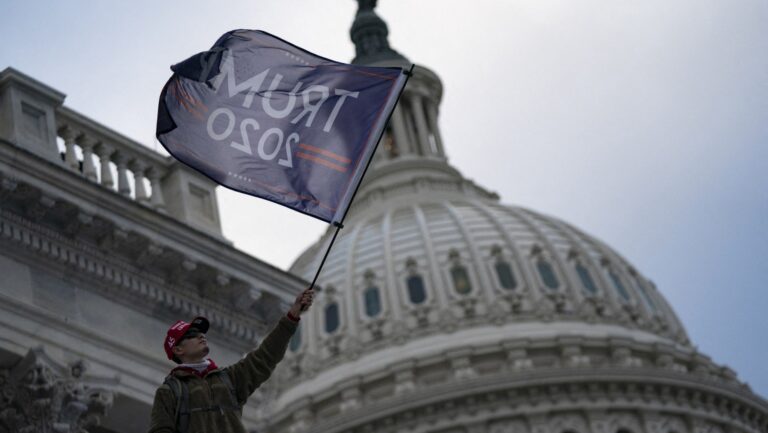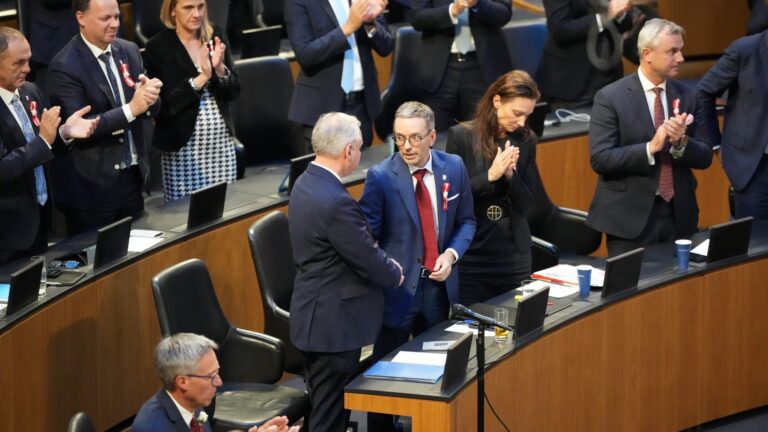Thuringia’s center-right CDU has defended a bill to ban the use of “gender language” after its federal counterpart accused it of cosying up to the conservative, anti-globalist Alternativ für Deutschland (AfD).
In its draft law, the CDU parliamentary group in Thuringia says the “use of ‘gender language’ unsettles and overwhelms people,” and “makes it more difficult to understand and therefore leads to cultural conflicts.” Furthermore, they say ‘gender language’ is an “expression of a certain socio-political view” that “questions the traditional binary gender system of men and women.”
Continuing, the draft says that the German language “with its diversity and clarity” offers satisfactory opportunities to “communicate publicly without discrimination.” Thus, spellings and special characters like the “gender star,” the “gender underscore,” or a “colon within the word” ought to be prohibited in schools and government administration.
Speaking to Süddeutsche Zeitung over the weekend, CDU Deputy Federal Chairwoman Karin Prien said: “Putting through such a motion now would be a mistake,” insisting that it is of paramount importance to “keep a maximum distance from the AfD” when it comes to socio-political issues like “gender language” bans.
Otherwise, Prien continued, the CDU risks falling into the AfD’s traps. Future handling of these kinds of matters requires “the utmost care,” she added.
CDU General Secretary Carsten Linnemann echoed Prien’s remarks, expressing similar concerns over the draft legislation.“We shouldn’t wage culture wars, but rather deal with the real problems: Am I living safely? Is my job safe? Is my money safe—and the future of our children?” He has not yet decided whether he will intervene in Thuringia, he told Süddeutsche Zeitung.
Responding to the criticism from Berlin, Managing Director of Thuringia’s CDU parliamentary group Andreas Bühl told the newspaper Die Welt that, in drafting the gender language legislation, they are simply looking to introduce laws that have long been in place in other federal states, where the CDU co-governs, the state-run radio station Deutschlandfunk reported.
A spokesman for the CDU parliamentary group told Süddeutsche Zeitung that they do not want to withdraw the draft legislation.
The difference in opinion comes about two weeks after the CDU, AfD, and the FDP, for the first time, jointly passed legislation to lower real estate transfer taxes. The move was decried by left-globalist parties—the SPD, Left, and Greens—as a “pact with the devil.”
CDU Federal Chairman Friedrich Merz, for his part, defended the Thuringian CDU parliamentary group’s actions ahead of the vote, saying: “We do not make what we discuss in the state parliaments and in the German Bundestag dependent on other factions.” He then reiterated once more that, as long as he’s in charge of the CDU, there will be no cooperation with the AfD at the state or federal levels.
Prien also defended the passing of the property tax law with the support of the AfD, saying that it was right that “in this economically difficult situation, we showed political will to shape things with a legislative initiative on a specialist topic.” She added, however, that instances like these ought to remain exceptional and “must be handled carefully.”





